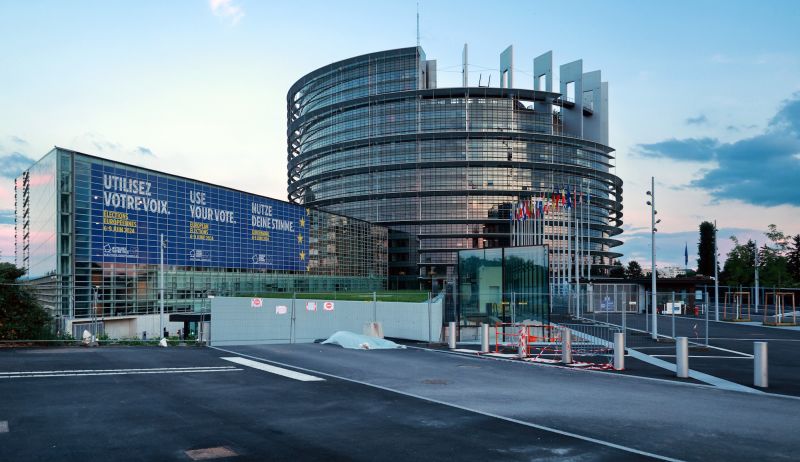Following the disturbing comments pertaining to SS soldiers made by the representatives of Germany’s AfD party, the far-right coalition in the European Parliament has taken significant action by expelling the AfD party from its ranks. The decision was made not only in response to these controversial statements but also considering the party’s accumulation of unsettling activities.
The AfD (Alternative for Germany) is the leading opposition party in Germany with 94 seats in the Bundestag (Federal Parliament) since the 2017 general election. Formed in 2013, the party was originally focused on Euro-scepticism but gradually has edged further to the right. Its anti-immigration stance, controversial viewpoints on World War II and denial of climate change have often brought it under public scrutiny. Understandably, the party’s affiliation with the Identity and Democracy (ID) group, the far-right coalition in the European Parliament, granted it influence in the wider political landscape of Europe.
The straw that broke the camel’s back, however, were the statements made by AfD leaders that showed a blatant disregard for the horrors committed by SS soldiers during WWII. These comments, glorifying a regime that committed atrocities on a horrendous scale, were met with justifiable outrage by other political parties, including their allies who are generally tolerant towards nationalists holding immense pride for their homeland. However, this normalization of a catastrophic period in world history took matters to a new and dangerous level.
This expulsion signals a profound shift in the political dynamics of the far-right coalition, specifically the ID group in the European Parliament. It has sent a clear message that even as a group of right-wing populist and nationalist parties, there are lines they will not cross, and extreme or provocative arguments that undermine peace and international harmony will not be tolerated.
Following the expulsion, the AfD party is left without any political groupings within the European Parliament, which potentially limits its influence and power there. It would be interesting to see how the AfD party navigates through these troubled waters in days to come and whether it continues to push its boundaries or decides to rethink its approaches to sensitive world issues.
While the AfD’s expulsion is undoubtedly a pivotal moment for the ID group and the European Parliament, the repercussions of this event would not be limited to political circles. It has a powerful societal implication. It reassures European citizens, particularly those residing in Germany, that extremism will not be tolerated within the governing bodies of their countries. Furthermore, it asserts the commitment of the ID group towards maintaining peace, stability, and mutual respect among nations, even while addressing essential issues like nationalism and identity.
This development also provides a fresh perspective on how far-right coalitions in European Parliament or elsewhere can operate, showing that they are not monolithic bodies veering towards extreme political ideologies. It emphasizes that there can be significant inconsistencies within these groups and they too have their red lines that they won’t cross. This event serves as a timely reminder for all politically-influenced bodies about the pressing need to maintain decorum and respect for historical facts and experiences, especially those related to wars and genocides.




